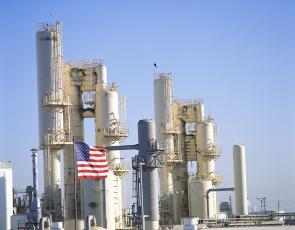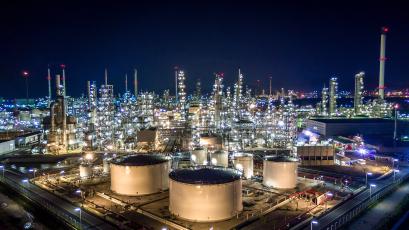A recent opinion piece in the Washington Examiner, A higher ethanol blend should be your choice, not the government’s was a fascinating display of hypocrisy. It called for a free market, while simultaneously turning a blind eye to the government regulations that mandate the use of biofuels, like ethanol. The author also highlighted the ethanol industry’s fundamental disconnect from reality, by distorting the truth and completely failing to recognize the current state of the fuel marketplace.
Simply put, it’s hard to take a subsidized industry seriously when it calls for a free market. The ethanol industry represents the very antithesis of a free market by virtue of the Renewable Fuel Standard (RFS), in which increasing amounts of biofuels, like ethanol, are mandated. It’s been some time since my last economics class, but I do remember that a free market is one without government mandates! This policy forces consumers to use a fuel that they do not want, and one that is incompatible with most vehicles, engines, and current fueling infrastructure.
The only reason why higher ethanol blends, like E15, which has 50 percent more ethanol than conventional gasoline, are starting to appear is because taxpayers have helped foot the bill for new E15 infrastructure. You see, the Obama Department of Agriculture, under former Secretary Vilsack, an Iowa native and ethanol advocate, pushed though the “Biofuels Infrastructure Partnership.” This government handout allocated $100 million in federal grant money (read: taxpayer dollars), to build out the infrastructure that no one retailer was willing to do on their own dime. Why? Because the demand was not there, pure and simple. But that didn’t stop the heavy hand of government in forcing ethanol mandates on American consumers.
More alarmingly, many of the cars on the road today are not compatible with E15. Currently, several manufacturers do not warranty their engines for the use of E15, and for those that do, it is only some of the newest cars on the road. In fact, roughly 90 percent of the cars on the road today were not designed or warrantied for E15.
To put that in perspective, any Chrysler car or truck made before 2016, any Kia or Hyundai made before 2017, or any Volvo, Nissan, Infinity, Subaru, Mazda, Mercedes or BMW, and most Toyotas on the road today were not designed to run on E15. This also means their current, active warranties do not cover E15. If misfuelling leads to engine damage, the consumer is on the hook for a costly repair.
When it comes to maintaining what is typically the second most expensive investment a consumer makes, who should they trust – the Environmental Protection Agency (EPA), that says “trust us, it’s OK,” or the manufacturers that make the car? I think the answer is simple.
This all boils down to the need to update our fuel policies. We must not continue to distort the free market with government mandates, which LIMIT consumer choice. There is no corrective surgery for the RFS, it must be repealed or significantly reformed. This problematic mandate and failed policy should be a call to action to establish a workable policy that reflects the current energy landscape and consumer demand.


